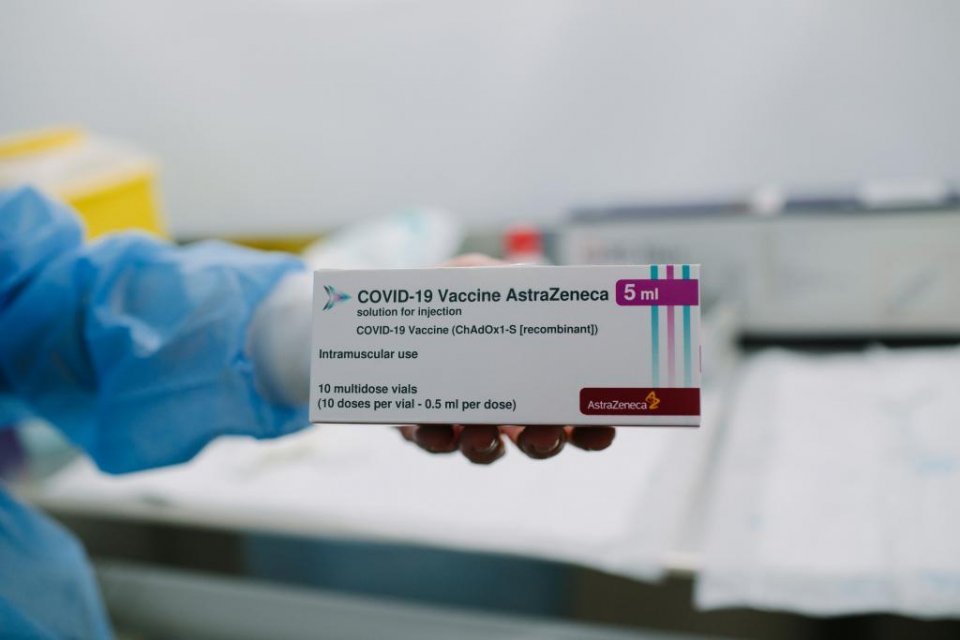Latest: Coronavirus in Spain figures (31 Mar)
#LATEST – Spain will start to administer the AstraZeneca vaccine against Covid-19 again from next Wednesday 24 March.
It follows the conclusions announced on Thursday by the European Medicines Agency (EMA) that there is ‘clear scientific’ evidence the vaccine is ‘safe and effective’ and that its benefits outweigh its risks. The full report regarding the EMA’s conclusions can be found here: EU Medicines Agency (EMA): ‘clear scientific’ evidence that AstraZeneca vaccine safe
On Monday, Spain suspended the use of the AstraZeneca vaccine for ‘at least’ 15 days, following the decisions taken by several other EU states to temporarily suspend its use.
Spanish Health Minister Carolina Darias had confirmed the suspension of the vaccine with immediate effect at a press briefing on Monday evening. She said it was ‘temporary’ and ‘as a precaution, at least for the next two weeks’, to allow for the EMA to respond to reports of blood clots.
On Monday afternoon, France had announced that it would stop administering the AstraZeneca vaccine as a ‘precaution’, pending a new assessment by the EMA. The news was announced by French President Emmanuel Macron who was also hosting Spanish Prime Minister Pedro Sánchez for a France-Spain summit in Montauban. The news from France had followed similar announcements by the German and Italian governments.
The German government had said earlier on Monday that it was suspending the use of the AstraZeneca vaccine over reports of dangerous blood clots in connection with the shot. Germany’s health ministry said the decision was taken as a precaution and on the advice of the national vaccine regulator, the Paul Ehrlich Institute (PEI), which had called for further investigation of the cases. Shortly afterwards, the Italian medicines authority said it was taking the same decision.

Several other European countries – including Denmark, Norway, Ireland and the Netherlands – had already suspended using the vaccine, which was jointly developed with Oxford University. Estonia, Latvia, Lithuania and Luxembourg have also put the vaccine on hold.
Both AstraZeneca and Oxford have said there is no link between their vaccine and blood clotting. The pharmaceutical group had said that the 15 incidences of deep vein thrombosis (DVT) and 22 events of pulmonary embolism reported among those who have been given the vaccine were ‘much lower than would be expected to occur naturally in a general population’.
The World Health Organization (WHO) had also said that the available data does not suggest the vaccine caused the clots and that people should continue to be immunized.
Click here for all previous reports on: Coronavirus in Spain
ALSO READ: Details of curfews & restrictions for all regions of Spain during ‘State of Alarm’
Sign up for the FREE Weekly Newsletter from Spain in English
Please support Spain in English with a donation.
Click here to get your business activity or services listed on our DIRECTORY




2 comments
Was the vaccine tested on more than just English? Its known that the most popular pain killer in Spain can be damaging to Irish and English (nolotil) . Could the blood clotting be a similar problem?
This matter is totally political, resulting from the E.U. refusing to accept that they have shown total incompetence and lack of coordination when ordering and distributing the vaccines. With every day’s delay in vaccinating the public, lives are being lost. I hope the leaders of the E.U. and the individual countries themselves can live with that knowledge and sleep at nights.